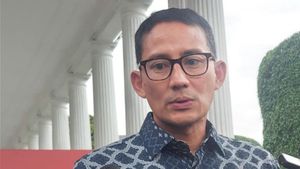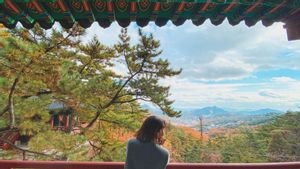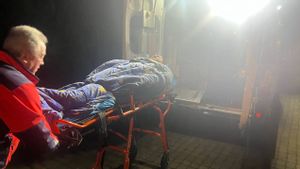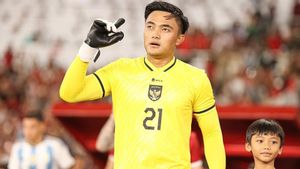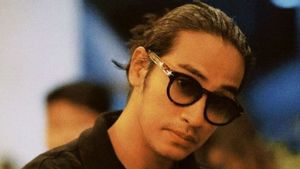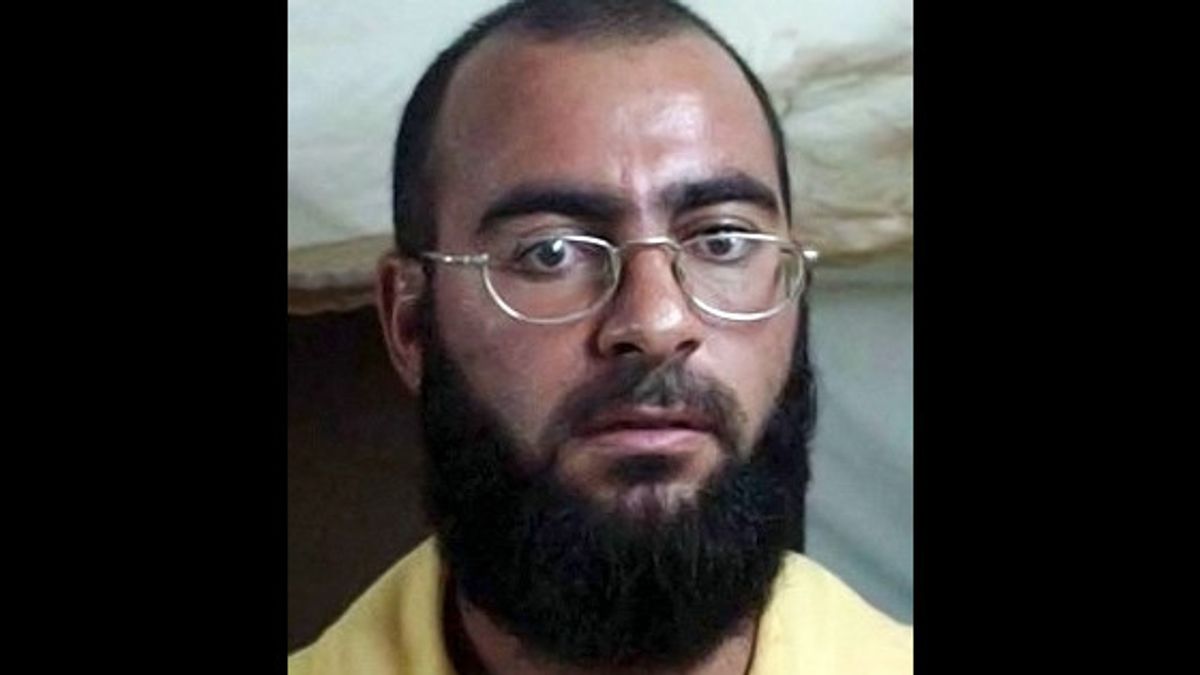
JAKARTA - The name Haji Abdullah has been mentioned as the new leader of the Islamic State Iraq Syria (ISIS). He has been in power for the past two years. Who is Haji Abdullah? What information is known about it?
BBC Arabic journalist Feras Kilani's report provides some key information. Feras has been traveling in Iraq for weeks, finding out more about the figure of Abu Bakar al Baghdadi's successor.
His real name is Abdullah Qurdash Amir Mohamed Saied Abdulrahman. Its leadership began at the height of the greatness of ISIS, which once controlled vast areas, stretching from Syria to Iraq.
However, in March 2019, ISIS's power began to fall. Their leader, Abu Bakar al Baghdadi was killed in a military attack.
ISIS was suddenly cornered into a small area on the banks of the Euphrates River, Baghuz. In that small corner of power, ISIS is planning a secret strategy through the appointment of a new leader.
"Yes, that's right, this is Abdullah Qurdash or any other name Amir Mohamed Saied Abdulrahman," said Salem, an ISIS prisoner who was arrested by Iraqi intelligence.
Salem pointed to the photo that Feras had brought. "But he looks different in this photo, has a thick beard", said Salem. Still, according to Salem, Haji Abdullah had carried out a large number of tasks of the caliphate, even before Baghdadi was killed.
Haji Abdullah's leadership investigation
The investigation into Haji Abdullah began by joining a counter-terrorism unit called the Eagle Brigade. Major Ahmad (his name has been changed) carried out the operation to track down the new ISIS leader as the commander of the brigade.
However, the hunting process is actually very risky for its safety. Haji Abdul was born in Al Mehalabiya, about 35 meters from Mosul, the second-largest city in Iraq.
"His father was a muezzin at one of the two mosques here. And his father had two wives", the commander said.
Abdullah's family consists of 17 people, one of whom was born in 1976. The local people still remember very well that Abdullah's family is a group of people who are respected.
It is not specified where the radical nature originated
However, Abdullah is said to have become radicalized because of the influence of local groups.
The English, Chinese, Japanese, Arabic, and French versions are automatically generated by the AI. So there may still be inaccuracies in translating, please always see Indonesian as our main language. (system supported by DigitalSiber.id)




